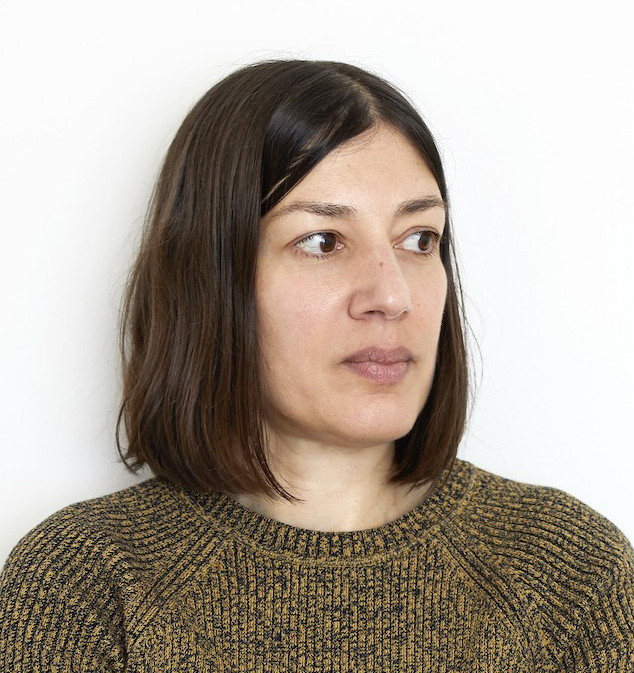Theme announced for the inaugural 2019 Sharjah Architecture Triennale
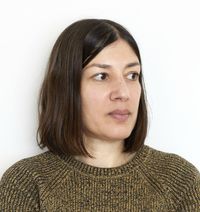
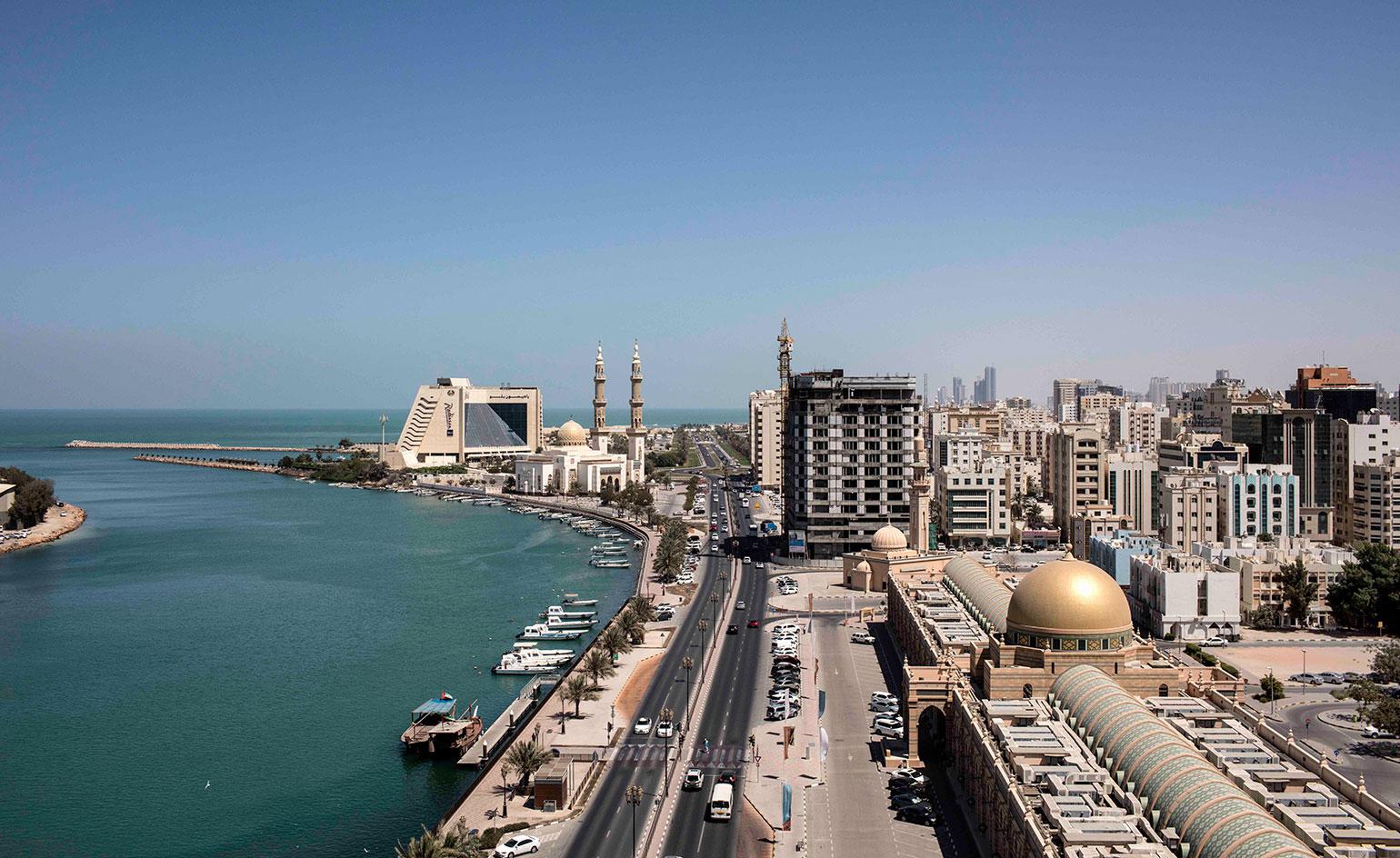
Receive our daily digest of inspiration, escapism and design stories from around the world direct to your inbox.
You are now subscribed
Your newsletter sign-up was successful
Want to add more newsletters?

Daily (Mon-Sun)
Daily Digest
Sign up for global news and reviews, a Wallpaper* take on architecture, design, art & culture, fashion & beauty, travel, tech, watches & jewellery and more.

Monthly, coming soon
The Rundown
A design-minded take on the world of style from Wallpaper* fashion features editor Jack Moss, from global runway shows to insider news and emerging trends.

Monthly, coming soon
The Design File
A closer look at the people and places shaping design, from inspiring interiors to exceptional products, in an expert edit by Wallpaper* global design director Hugo Macdonald.
Royal College of Art Architecture School dean Adrian Lahoud has been appointed the curator of the inaugural Sharjah Architecture Triennale 2019, and the theme of the new festival has just been announced during the 2018 Venice Architecture Biennale vernissage. Working around the concept of ‘Rights of Future Generations’, the triennale will look at how and what legacies are passed from one generation to the next, and what the role of architecture and the environment is within this context – with a focus on the Arab-speaking world.
‘Rights of Future Generations is an invitation to radically rethink fundamental questions about architecture and its power to create and sustain alternative modes of existence’, says Lahoud. ‘The last decades have seen a massive expansion in rights, yet this expansion has failed to address long-standing challenges around environmental change and inequality. A focus on rights to health, education, and housing as individual rights has obscured collective rights such as rights of nature and environmental rights. At the same time, the conceptualisation of rights as basic standards reduces the diversity of human existence to mere subsistence within a universal minimum.’
The festival will launch in November 2019 in the UAE Emirate of Sharjah and is set to be the first major platform of its kind in the Arab-speaking world. Lahoud’s role will be crucial in orchestrating what’s set to be one of the region’s key architecture events – earlier in the month we met with him to find out more.
W*: What would make a Sharjah Architecture Triennial different to the other international architecture festivals?
AL: It is the first major international platform on architecture, urbanism and the environment situated in the Arabic speaking world. Grounded in Sharjah’s location as a historical port of Indian Ocean trade, it takes North and East Africa, the Middle East, South Asia as its starting point. This makes it uniquely able to respond to the opportunities and challenges faced by an emerging generation in the region – in terms of decolonisation and its legacies, emancipatory struggles, institution building and the fragmentation of historical archives. It will make space for voices that have often been denied opportunities, that have faced difficulties travelling, that have struggled to access funding, to realise their aspirations, or simply to express alternatives to the clichés and stereotypes that can characterise depictions of these worlds.
W*: What is your vision for the Triennial; will there be a key theme or key topic to explore?
AL: The theme will be announced in Venice. It aims to use the occasion of the exhibition to establish a series of conceptual, practical, and legal legacies that will resonate through architectural discourse both within and beyond the region. The lesson of modern architecture in this sense, within these contexts is complex, and yet if it is possible to discern a recurring theme, it would be the absence or failure of those institutional structures necessary to support the social ambitions architecture often embodied. Therefore the theme will aim to reconnect architectural experimentation and the social imaginaries that this experimentation embodies to structures of institutional support, be they educational, cultural, legal, financial, or humanitarian. The theme and structure should not only provide a platform and framework for future scholarship, it would also act as a provocation for historically, socially, politically aware, architectural experimentation now and in the future.
W*: What will be the role of local architects in the triennial?
AL: They will have a fundamental role in different of ways. The event is an opportunity to establish studies across a number of fronts, to begin to construct a record of histories that have been lost or ignored, for example around experimentation with housing or education. I am interested in moments when design experimentation serves as either an impetus or a response to experiments with new social forms. The Sharjah Architecture Triennial also intends to draw on Sharjah’s unique confluence of cultural institutions, and now well established spaces of creative and critical freedom, such as the Sharjah Art Foundation’s March Meeting and Art Biennial. The cities’ historical urban form, distinct neighbourhoods, openness to exchange, and multi-ethnic communities form an ideal context and framework through which to approach a project like this. Thirdly, I would like to examine how me might explore alternative uses of the city as a testing site for architectural interventions both in the lead up and during the exhibition.
W*: What can we expect in terms of events and participants?
AL: Curatorial projects take time to evolve, it is crucial that certain kinds of conversations and occasions for dialogue are given the needed space and time to evolve. In the lead up to the event, a series of regular meetings and public events will be convened in Sharjah and perhaps in other cities as well in order to clarify points of interest. The most important question in terms of the curatorial strategy and the public programmes is ‘what is the legacy of this project’? What structures are necessary to support and prolong the dialogue and exchange that events like are able to initiate? Also to ask what kind of curatorial and exhibition making practice carries the most potential to speak to architecture in a new way. Architecture is inherently difficult to exhibit, traditional models of exhibition making and exhibition spaces rarely lend themselves to insightful experiences of architecture’s power. We want to explore possibilities for new approaches that move beyond traditional forms of exhibition making.§
See all the latest news and stories from Venice Architecture Biennale here
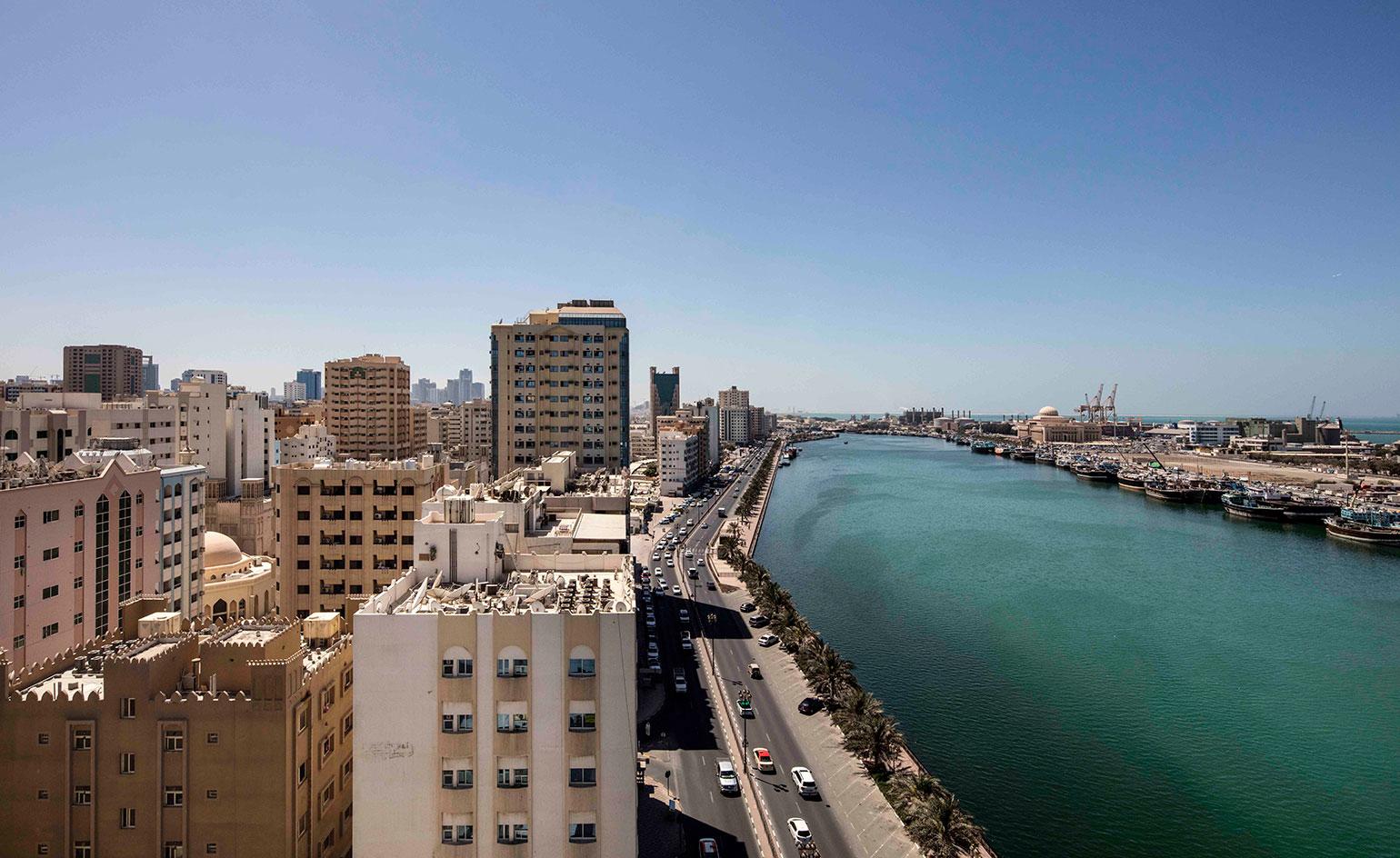
Aerial view of Khalid Port and the Al Mujarrah neighborhood in Sharjah.

King Faisal Mosque by Office of Technical & Architectural Engineering & Consultancy, 1987.
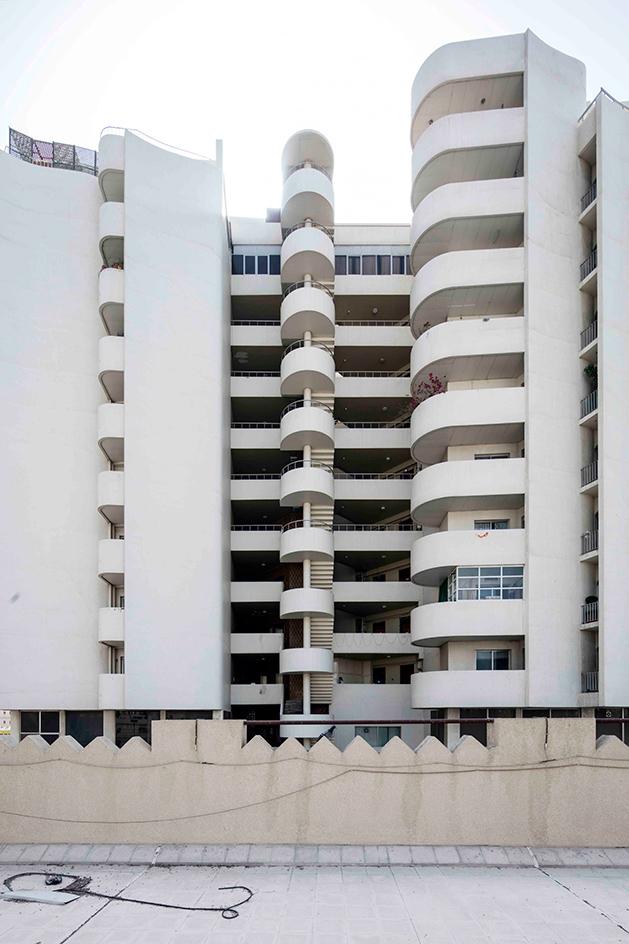
Sharjah National Travel & Tourist Agency (SNTTA) by AnasWasouf, 1976.
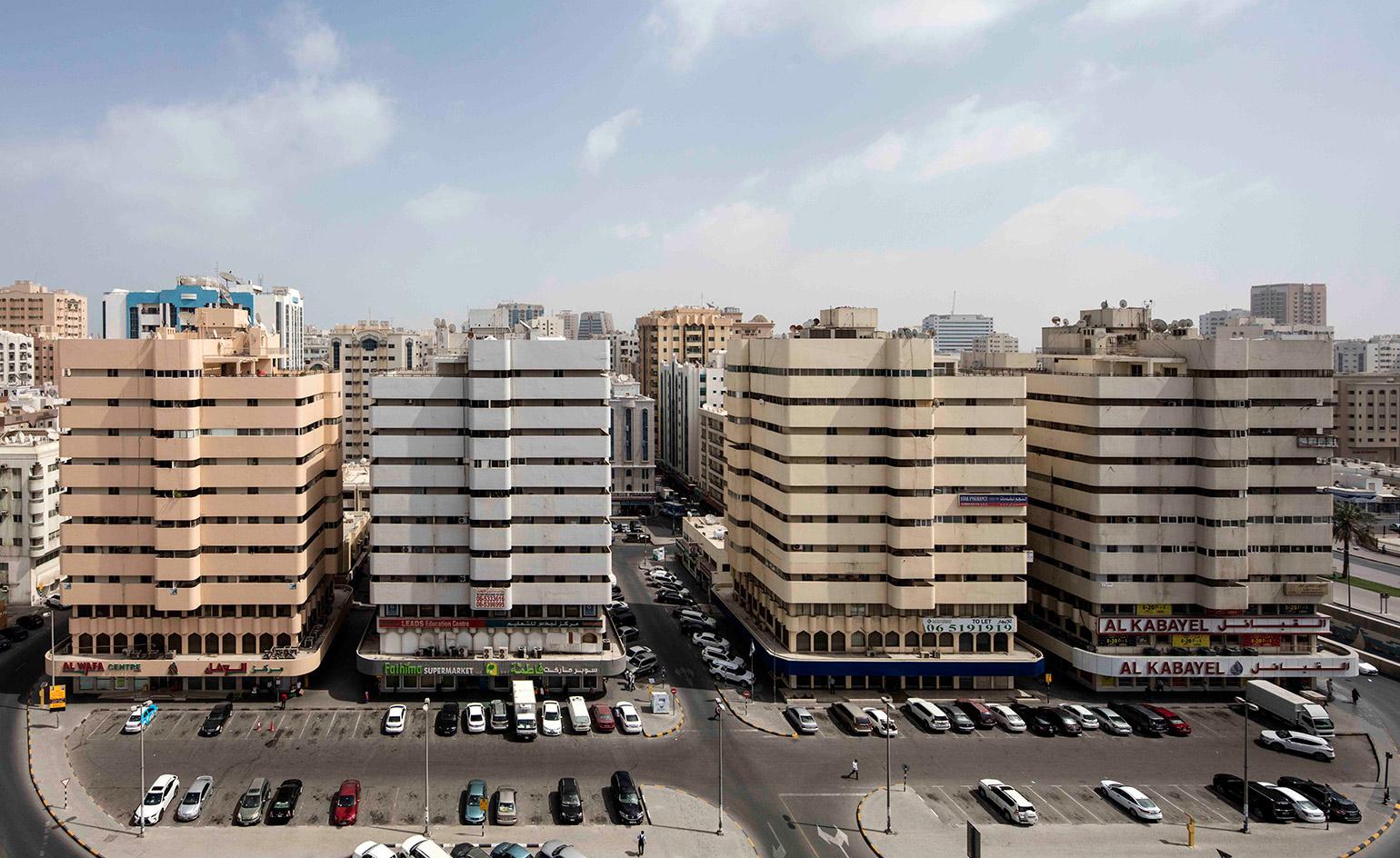
Northwest view of Bank Street buildings by Tecnica y Proyectos (TYPSA), 1977.
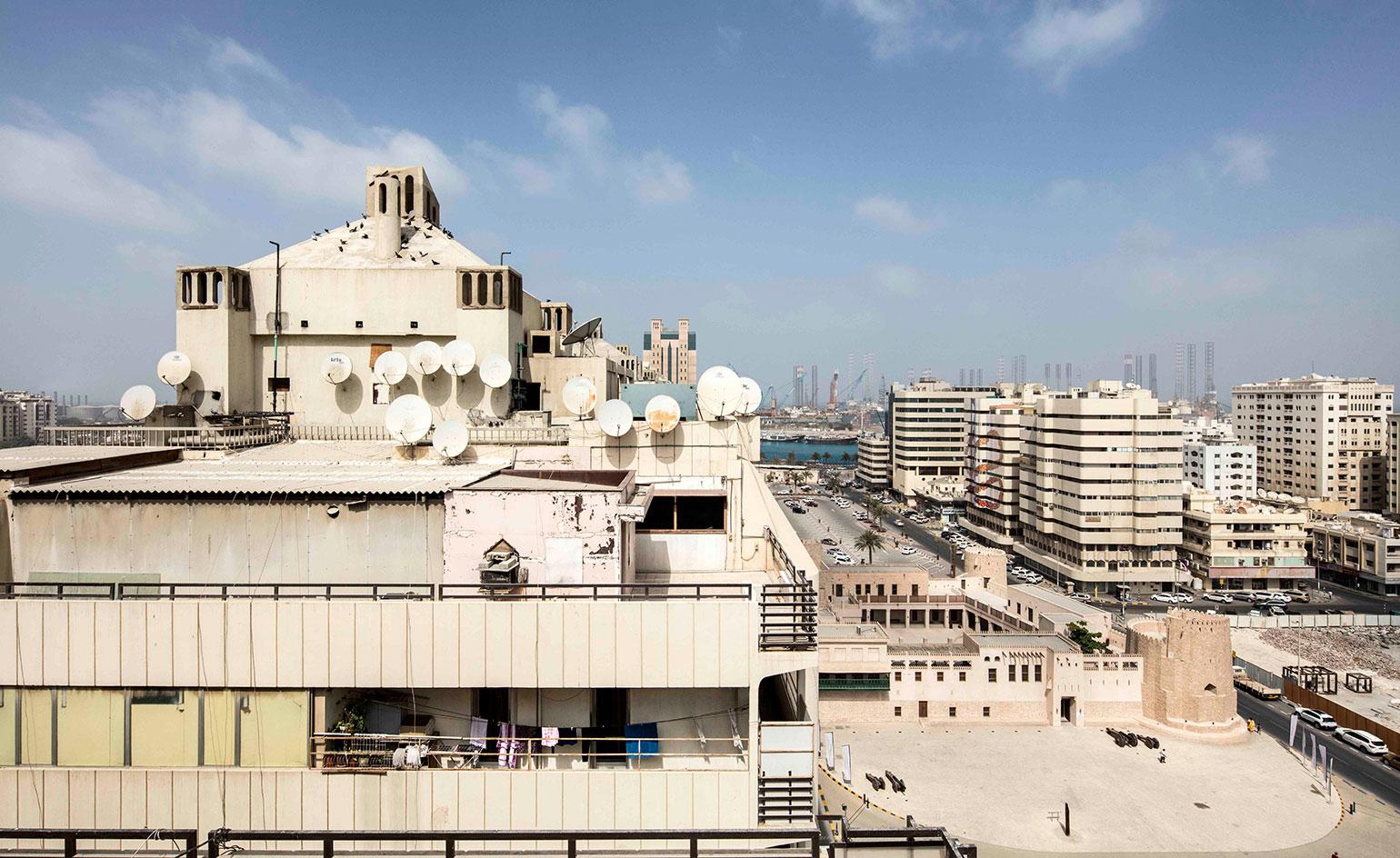
Aerial view of a Bank Street urban fragment with the Al Hisn Fort Museum.
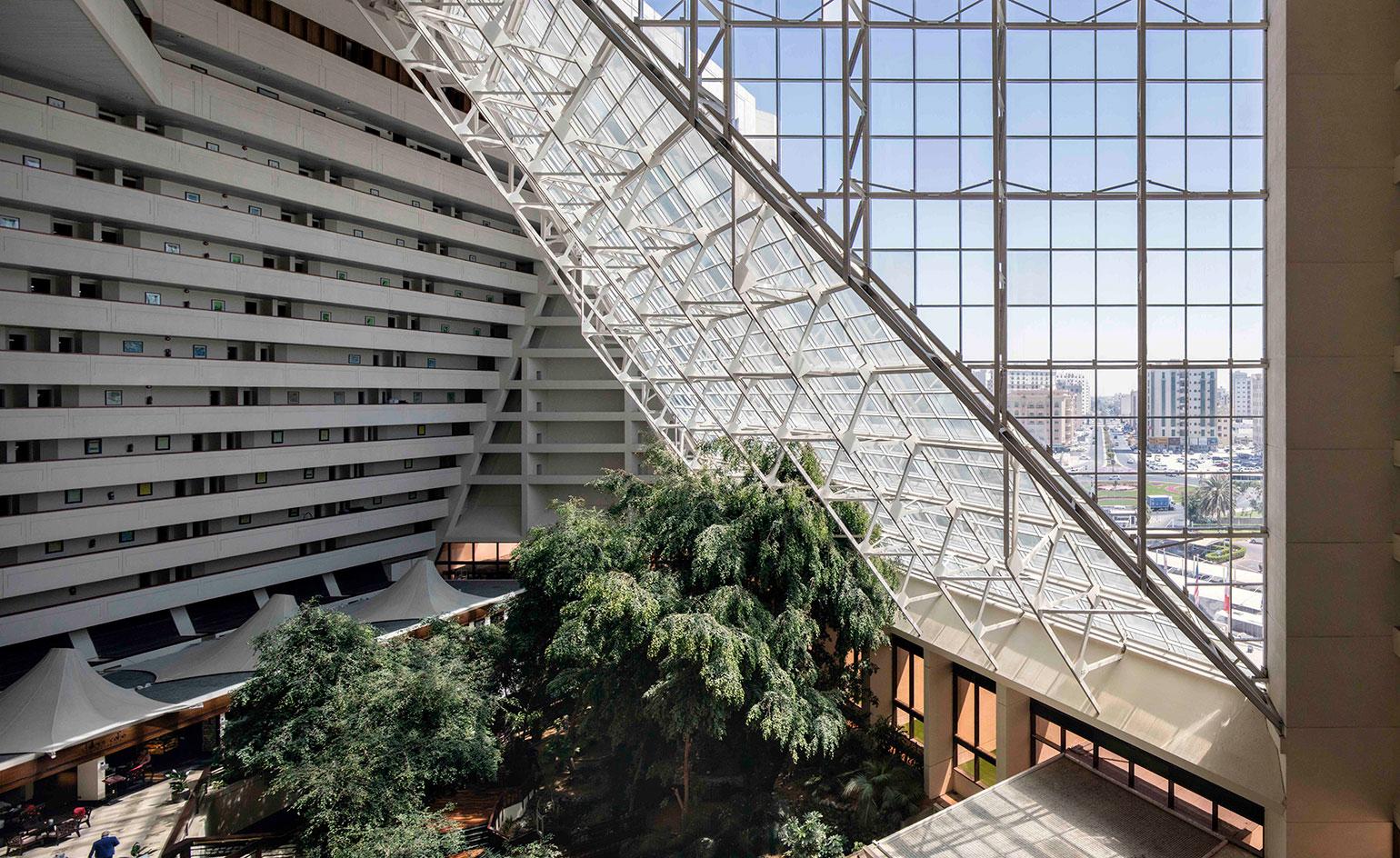
Interior view of the atrium at the Radisson Blu Resort in Sharjah.
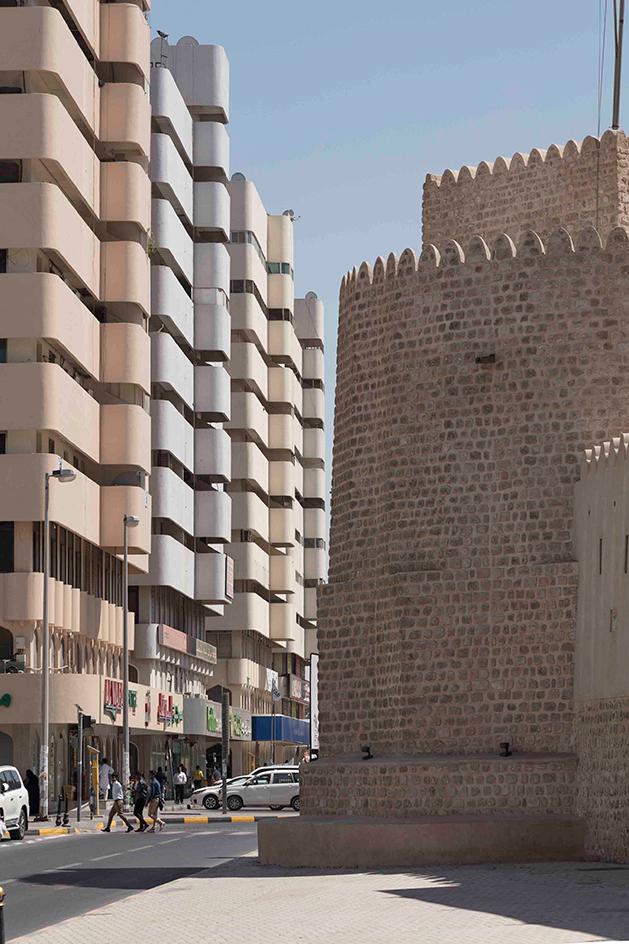
Street view of Bank Street buildings and the Al Hisn Fort Museum.
INFORMATION
For more information visit the Sharjah Architecture Triennale website
Receive our daily digest of inspiration, escapism and design stories from around the world direct to your inbox.
Ellie Stathaki is the Architecture & Environment Director at Wallpaper*. She trained as an architect at the Aristotle University of Thessaloniki in Greece and studied architectural history at the Bartlett in London. Now an established journalist, she has been a member of the Wallpaper* team since 2006, visiting buildings across the globe and interviewing leading architects such as Tadao Ando and Rem Koolhaas. Ellie has also taken part in judging panels, moderated events, curated shows and contributed in books, such as The Contemporary House (Thames & Hudson, 2018), Glenn Sestig Architecture Diary (2020) and House London (2022).
